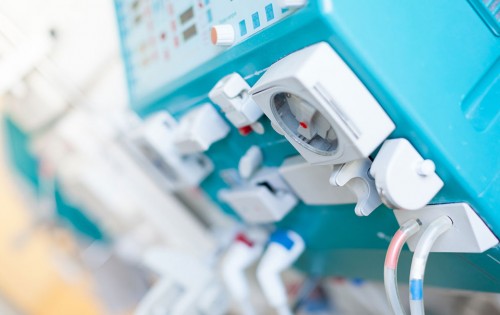MEDICAL
To often, medical devices when placed in body form bacterial biofilms which either cause harm to the patient or reduce the lifetime of the device. Vodus Combi material is toxic free and can be adopted in many applications and is ideally suited to be placed inside the body.
Because our material is respondent to the environment our material can be initiated when required by the patient needs. Areas of use are stents, woundcare, pacemakers tubing and blood sterilization.
SURFACE (NON MEDICAL)
- Kitchens, restaurants and appliances
- Residential, commercial and public buildings
- Consumer electronics
- Clothing and textiles, Cars, boats and planes
Where there is a need to combat microorganisms, viruses and requires repeat activation then our polymer can be utilised into these applications.
FLUID STERILISATION (VIRUSES, BACTERIAL)
Vodus using its Smart polymers provides antimicrobials in food, water, and agriculture. The main use of the Vodus polymer materials is for water purification and preserving food whilst keeping it fresh.
BENEFITS
Diversity of using Vodus materials has many benefits to the user and its applications.
- Polymer can be in liquid or solid form
- Can disrupt most bacterium sufficiently enough from them growing over long periods
- Polymers can be used within the body as there are no harmful effects
- Polymers can be activated when required
- Lifetimes of polymers can be from months to years depending on application
- No antibiotic resistance is encountered with this material
- Highly effective when targeted
CASE STUDY
Our first application for the Combi polymer is the urinary catheter. Urinary catheters are problematic with 50% becoming blocked and around 60% becoming infected. The main cause of infection is the build up of biofilms, which causes the end of
the catheters to be encrusted and blocked. The matrix of biofilm is roughly 1000’s times more resistant to antibiotics but Vodus novel next generation of materials offers a better solution in keeping urinary catheters encrusted free. Our molecules and polymers have been tested against specific causing bacterium in blocking urinary catheters and have shown killing of 99% of Proteus Mirabilis and E. coli, the main organisms in causing problems with urinary catheters.






